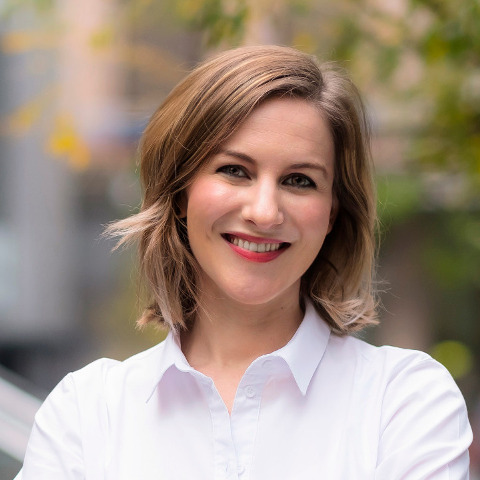You know the funny thing about innovation and co-working hubs around the world? Despite the platitudes about challenging the status quo and thinking differently, they all look really similar.
You’ll recognise the design aesthetic. Light and bright spaces, industrial finishes, exposed brick and pendant lighting, san serif fonts, inspirational quotes, maybe even some street art.
The ‘work’ of innovation involves specific skills and methodologies, and a culture that supports collaboration and risk-taking. But innovation is also a performance, with a set of buzzwords and a specific visual aesthetic.
The challenge is to differentiate between the two.
At the UWA Innovation Quarter (UWA IQ) we work to help alumni, researchers, staff and students release the value of new ideas and technologies through innovation and entrepreneurship.
We work with some of the most analytical and creative people on the planet. And they have taught us a thing or two about the true meaning of innovation.
Here are three lessons I’ve learned from our community:
1. Innovation is a discipline, not a cliché
Sure, 'innovation' as a term is overused. But don’t write it off as a buzzword just yet. UWA students have been flocking to The IQ Academy, a co-curricular program that provides them with the networks, skillsets and mindsets to make their ideas a reality. They are starting up new companies, designing new inventions, managing their own investment funds, designing initiatives that target pressing community issues and even launching rockets into space. Likewise, many of our researchers are collaborating with industry and spinning out new companies in order to create impact within our community. In addition to their deep subject knowledge, our entrepreneurial researchers engage in design thinking, lean startup methodologies, networking and pitching.
2. You can't solve problems by using the same kind of thinking that created them
Diversity and difference is the University's superpower. We know game-changing ideas happen when people with different backgrounds, perspectives and expertise come together. While innovation can come from brilliant individuals having ‘light bulb’ moments, most breakthroughs depend on complex relationships between individuals and organisations. That’s why UWA recently launched IQX, a new innovation and co-working space that supports connections and collaboration between researchers, students, graduates and industry. The X stands for knowledge exchange, which is at the heart of everything we do at UWA.
3. Innovation happens when happy people fight
One of my favourite things about UWA is that I get to work with a bunch of smart, opinionated people who don’t always agree on the best way to solve problems. Robert Sutton has noted that 'a growing body of research suggests that conflict over ideas is good, especially for groups and organisations that do creative work'. According to Sutton, innovation requires 'happy warriors...upbeat people who know the right way to fight'. We work together to embrace (and challenge) different perspectives, encouraging our students to be critical thinkers, and supporting academic freedom.
Historian James P. Carse once noted, “only that which can change can continue”. As quickly as the world is changing, the university is evolving to meet the challenges and opportunities this represents. From where I stand, the future looks bright.

Dr Jo Hawkins, UWA Innovation Quarter
Dr Jo Hawkins is fascinated by the power of stories to teach, persuade, and offer insights into the past and present.
After spending a decade working in advertising and marketing at companies including Sony Music and TBWA\Worldwide, she enrolled in a PhD in History at the University of Western Australia. Her thesis explored the commodification of a story that has come to lie at the heart of Australian identity – the Anzac legend. Jo is currently the Manager of the UWA Innovation Quarter where she works with university researchers, staff and students to help release the value of new ideas and technologies through industry and community engagement.
Jo's book 'Consuming Anzac' was released in November 2018. In probing the ways in which war memory has been produced, marketed and sold since 1915, the book reveals how consumer culture has proved central to the contemporary resurgence of the Anzac tradition. Find out more or purchase online at UWA Publishing.
Jo recommends
- Books – 21 Lessons for the 21st Century by Yuval Noah Harari
- Books – The Value of Everything: Making and Taking in the Global Economy by Mariana Mazzucato
- Podcast – Should This Exist?
- Podcast – Business Wars